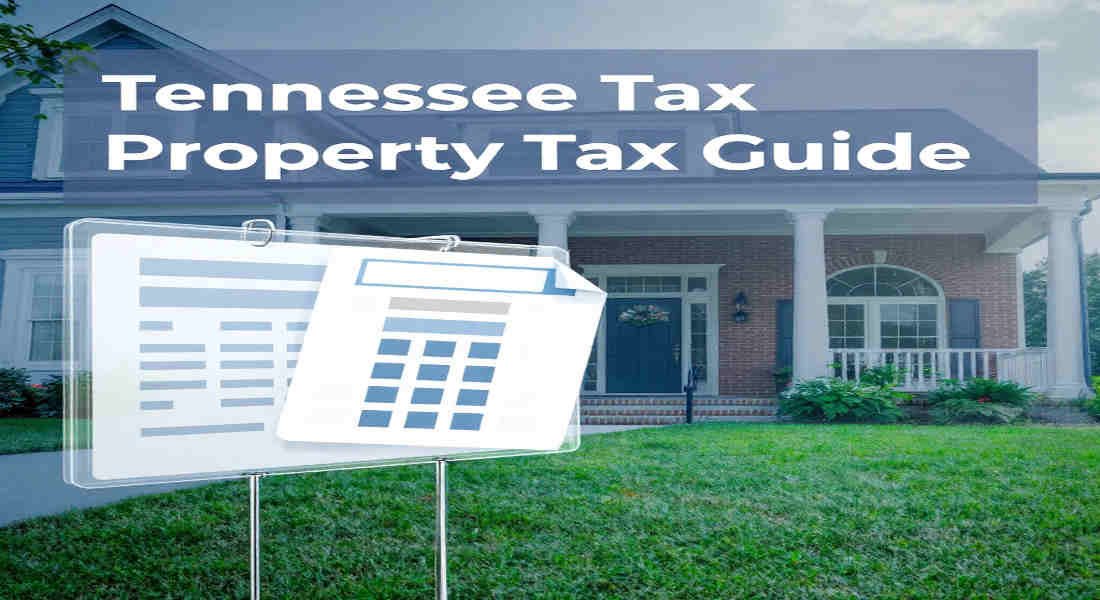Understanding house tax in Tennessee is essential for homeowners and prospective buyers alike, as the state’s property tax system is uniquely administered locally. Unlike many states where property taxes are centrally managed, Tennessee relies on county assessors to appraise property values and local county commissions or city governing bodies to set tax rates. Property tax obligations can vary significantly depending on where your home is located within the state. Tennessee applies different assessment ratios based on property classification—residential and farm properties are assessed at 25% of appraised value, while commercial and industrial properties have higher ratios. To calculate your property tax, multiply the appraised value by the assessment ratio to get the assessed value, then multiply that by the local tax rate. This decentralized and classification-based system requires homeowners to understand their local tax rates and property classifications to estimate their tax bills and fulfil their obligations accurately.
The Different Types of House Taxes in Tennessee
Tennessee homeowners face several types of house taxes. The primary one is property tax, levied on the assessed value of real estate. This tax helps fund local services such as schools, roads, and emergency services.
Sellers typically cover this cost during the sale process.
There’s also a residential impact fee in some areas. This fee funds new infrastructure needs resulting from growth and development.
These can vary by county and city.
Familiarizing yourself with these various taxes can help you budget better and avoid surprises. Each plays a role in maintaining community standards and resources across Tennessee’s diverse landscape.
Understanding Property Assessments and Appraisals
Property assessments and appraisals are vital in determining house taxes. These processes evaluate a property’s value, influencing how much tax you owe.
Assessments usually occur annually and involve local government officials examining your property. They consider location, size, condition, and recent sales of similar homes nearby to arrive at a value.
Appraisals often happen during buying or refinancing. A licensed appraiser conducts these evaluations for banks or lenders. Their focus is on the current market conditions and potential sale price.
Understanding the difference between assessments and appraisals can save you money. If your assessment seems too high, challenge it with evidence from comparable properties in your area.
Keeping an eye on both can also help when considering improvements to your home that affect its valuation over time.
You may also read (does a recession really lower house prices).
Factors That Affect House Tax Rates in Tennessee
Several factors influence house tax rates in Tennessee. One of the most significant is property value, which can fluctuate due to market conditions and local demand.
Location plays a crucial role, too. Homes in sought-after neighbourhoods often have higher tax assessments than those in less desirable areas. Proximity to schools, parks, and amenities also impacts property values
The size and condition of your home matter as well. Larger homes or updated ones typically attract higher taxes because they’re deemed more valuable.
Local government budgets affect tax rates, too. When municipalities need more funding for schools or infrastructure, they might increase property tax rates to meet these demands.
Exemptions can alter your final bill significantly. Homeowners may qualify for specific deductions based on age or disability status, reducing their overall liability.
Tips for Reducing Your House Tax Bill
One effective way to reduce your house tax bill is by ensuring that your property assessment is accurate. Take the time to review your property’s assessed value and compare it with similar homes in your area.
Consider filing an appeal if you believe the assessment is too high. This can lead to a reassessment, potentially lowering your taxes.
Look for exemptions or credits available in Tennessee. Programs like the Property Tax Relief program could offer financial relief based on specific criteria, such as age or income level.
Maintaining clear communication with local tax officials also helps. They can provide guidance on any changes in laws or programs that may affect your bills.
Making improvements that qualify for tax breaks—like energy-efficient upgrades—can simultaneously lower future assessments while enhancing your home’s value.
You may also read (does an eviction affect your home buying options).
Common Mistakes to Avoid When Paying House Taxes
Many homeowners stumble over common pitfalls when it comes to house taxes in Tennessee. One major mistake is failing to understand the deadlines for property tax payments. Ignoring these dates can lead to late fees and additional penalties.
Many people assume their assessments are correct without questioning them. A quick review could reveal inaccuracies that may lower your taxable value.
Some homeowners also neglect to apply for exemptions, such as those for veterans or senior citizens. Missing out on these benefits can result in paying more than necessary.
Many buyers often ask, “Do you pay sales tax on a house in Tennessee?” The answer is no; however, local taxes need attention when buying. Understanding this helps avoid unexpected costs down the line.
Ensure you’re keeping thorough records of all related expenses and communications with local tax authorities. This documentation will serve you well if challenges arise regarding your property taxes or assessments.
By being mindful of these common mistakes, you can navigate the complexities of house taxes in Tennessee more effectively and potentially save money along the way.
You may also read (how to determine sales tax on home purchases).

